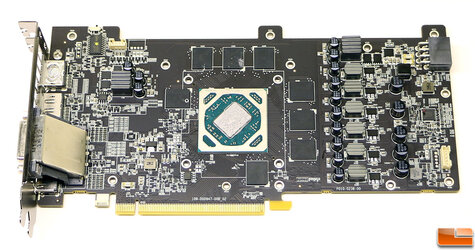Hey everyone, I am looking for some help with overclocking my msi rx 480 gaming x 4gb card. I am not sure if I am doing it wrong but I can't seem to achieve a stable overclock no matter what settings I try.
I am using afterburner to overclock and have added +100mv to the core voltage and +50% to the power limit and it seems stable at 1380/1950 but then after gaming for awhile my system will lock up. I have heard others say that you can get 1400/2200 but I'm sure that is only for lottery winners.
Is there a sure fire way to find out what the best settings are for my card?. I hope I didn't get the worst card of the bunch.
Thanks in advance for the help.
I am using afterburner to overclock and have added +100mv to the core voltage and +50% to the power limit and it seems stable at 1380/1950 but then after gaming for awhile my system will lock up. I have heard others say that you can get 1400/2200 but I'm sure that is only for lottery winners.
Is there a sure fire way to find out what the best settings are for my card?. I hope I didn't get the worst card of the bunch.
Thanks in advance for the help.
